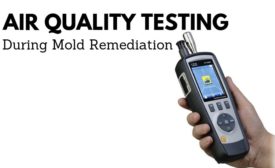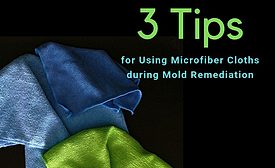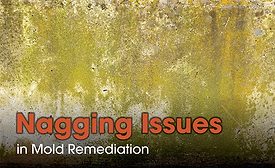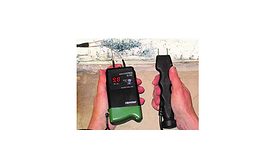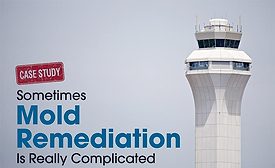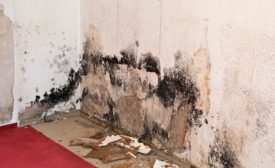Mold Remediation
Case Study: Sometimes Mold Remediation Is Really Complicated
Proper source removal at an active air traffic control tower.
Read More
Get our new eMagazine delivered to your inbox every month.
Stay in the know on the latest disaster restoration and remediation trends.
SUBSCRIBE TODAY!Copyright ©2022. All Rights Reserved BNP Media.
Design, CMS, Hosting & Web Development :: ePublishing
